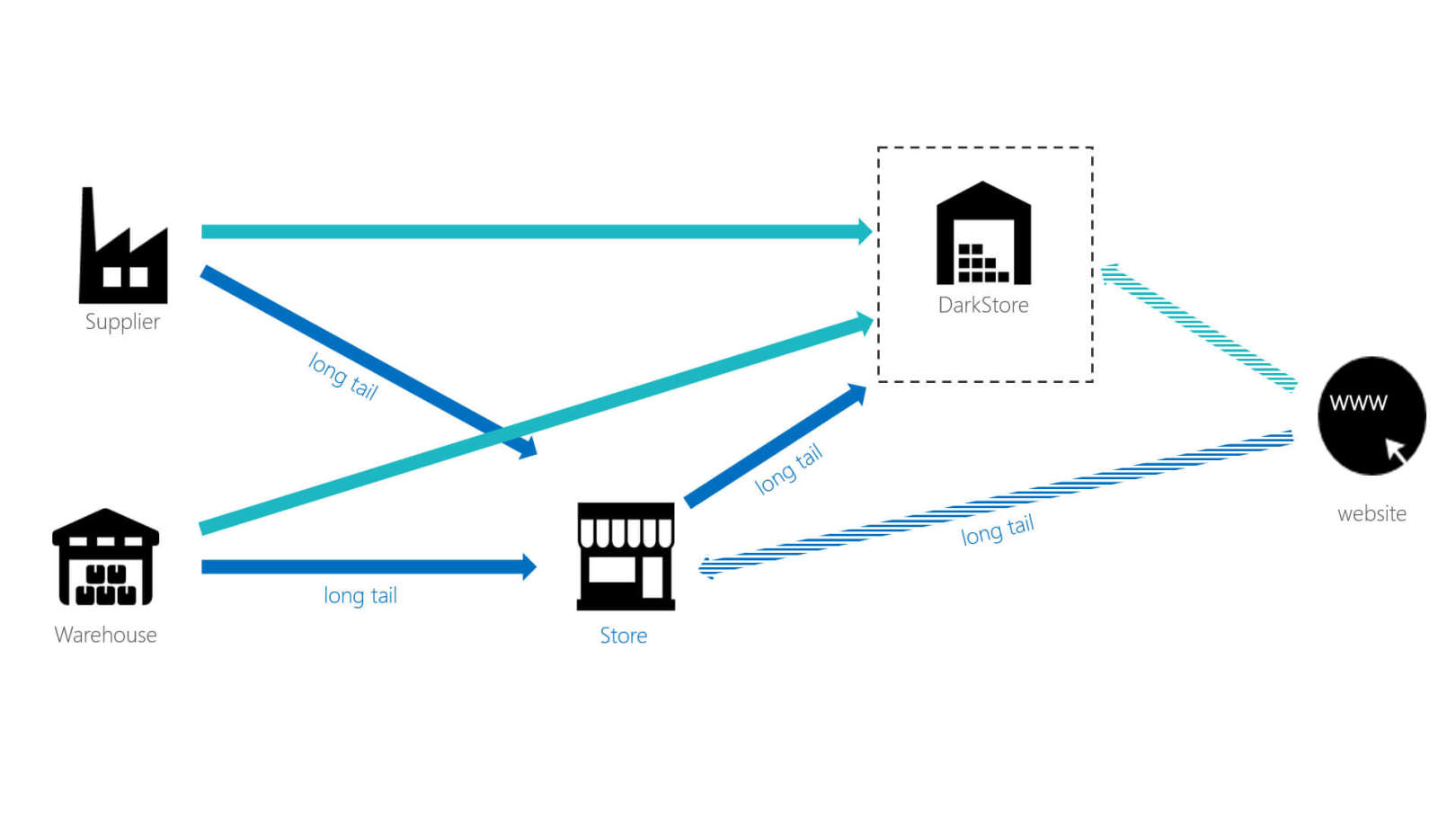About
Full Professor at Industrial Engineering and Management, FEUP, and Porto Business School. Co-founder of LTPlabs (spin-off of INESC TEC and FEUP). Member of the board of Trustees ("conselho de curadores") of Fundação Belmiro de Azevedo.
His main area of activity is Management Science/Operations Research. He develops and applies advanced analytical models and methods to help make better decisions, solving managerial problems in various domains (manufacturing, health, retail and mobility), with a special focus on Operations Management.
Advanced Management Programme, INSEAD. PhD in Industrial Engineering and Management, UP. Degree in Management and Industrial Engineering (5 years degree), FEUP. Former researcher at Operations Research Center of Massachusetts Institute of Technology – MIT/ORC. Certified Analytics Professional from The Institute for Operations Research and the Management Sciences.
Former Member of the Board at INESC TEC Technology and Science. Former Vice-Academic Director of IBM Center for Advanced Studies Portugal (IBM-CAS). Co-founder of start-up Adjust Consulting (that was acquired by Glintt HealthCare).







